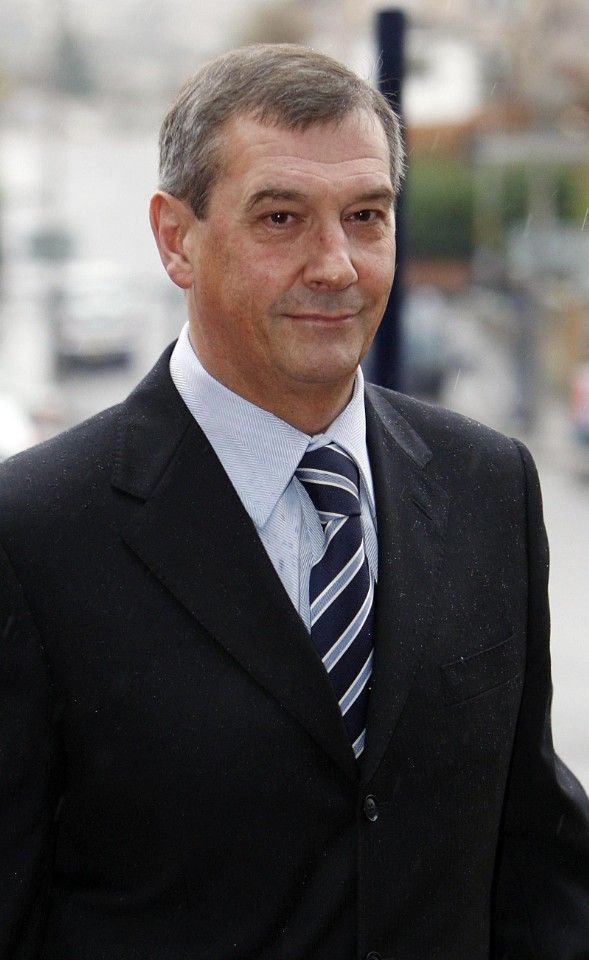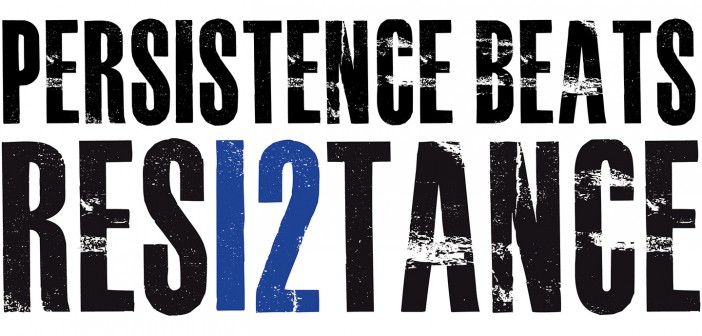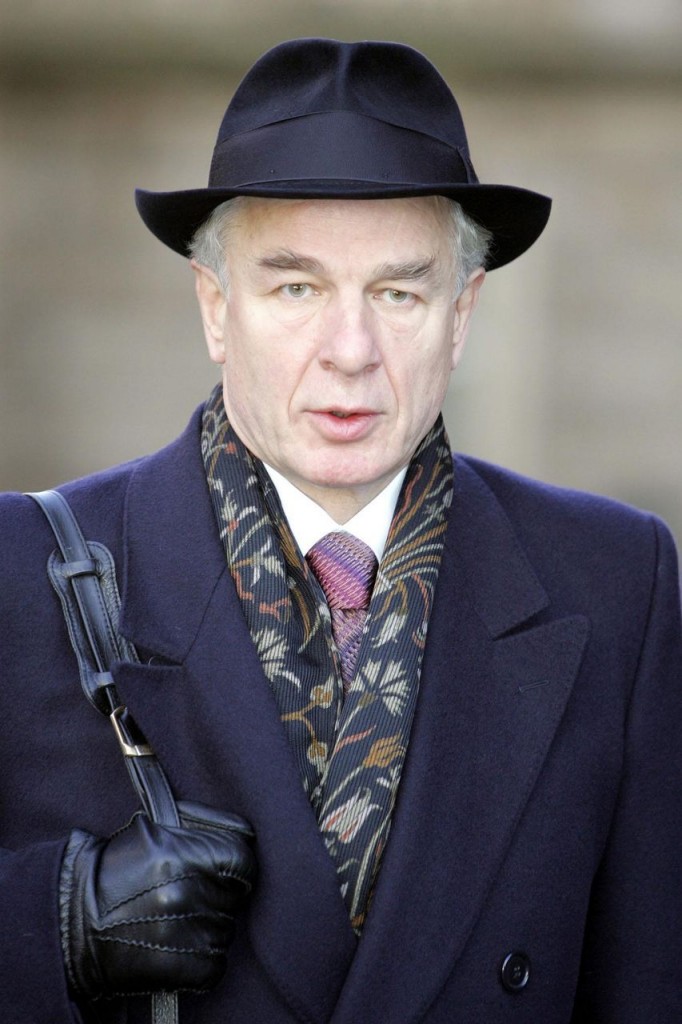JUST DON’T MENTION THE WEE TAX CASE!
A quick recap on the issues surrounding the Wee Tax Case for anyone not familiar enough with why Resolution 12 is important…
Thanks to Catch Up TV, Box sets and You Tube nearly everyone is familiar with Fawlty Towers and the episode where Basil Fawlty tries hard not to mention the war to the German guests at his hotel. You can enjoy it here:
Well the SPFL/SFA and Scottish main stream media have adopted Basil’s stance but in a very literal way in respect of not reporting or commenting on anything that would enlighten the football paying pubic and the hard pressed taxpayer on the details of the Wee Tax Case EBTs as operated by Rangers FC between 1999 and 2002/03.
Some of you will be aware of the facts but, for those who are not so familiar, here is what the wee tax case is all about, what the consequences of not mentioning it are for Celtic, all Scottish clubs and Scottish football as a whole. It is done in the pursuit of the truth through the blanket of silence surrounding the Wee Tax Case that protects the guilty, in the hope that the truth will set our game free.
The devil is always in the detail of facts and history and that can put readers off, but to encourage you to stay the course, the consequences of the attempts not only to not mention The Wee Tax Case but to bury it alive, are set out first. The detail and facts of history, like the devil’s tail, are at the end.
THE CONSEQUENCES
For the SP(F)L.
1. The Lord Nimmo Smith (LNS) Commission, supposedly set up to investigate Rangers use of EBTs with side letters, was seriously misled as a result of the failure by Rangers administrators Duff and Phelps to provide the documents explaining the nature and genesis of the Wee Tax Case EBTs to SPL lawyers Harper MacLeod. Not acknowledging and addressing this deception seriously questions the honesty and integrity of the SPFL and so the integrity of the very competition its clubs play in.
2. The burying of the Wee Tax Case obviously creates a problem in that the titles of 1999 and 2003 that Rangers won should be forfeit as a result of paying players by irregular means that using LNS’ own logic did provide sporting advantage. Additionally redistribution of prize money to other clubs one step down the SPL ladder in those years should have been part of the infamous Five Way Agreement and in its absence from the agreement those clubs have lost out.
In spite of letters and reminders to the SPFL, who have all the paperwork – see The Scottish Football Monitor blogs “An Honest Game? Convince Us” and “It Takes Two to Tangle”and another blog about how the same burial of evidence inevitably led to the SPL Board being incorrectly advised to accept the LNS decision, (something they never have officially done in the form of a Board statement), nothing is being done to correct a clear miscarriage of the justice that the LNS Commission was supposed to provide.
For Lord Nimmo Smith
As a result of the evidence being buried his decision that all EBTs with side letter were “not irregular” when two with side letters clearly are, is simply wrong. However the corollary of his ruling that regular EBTs provided no sporting advantage has to be that irregular EBTs did provide such an advantage and that even although Moore did not have a side letter, as he was still paid by an irregular means that no other clubs could use, then along with De Boer and Flo, Rangers had to have gained a sporting advantage in the games in which all three played individually from 1999 to 2003.
For the (then)SFA President 
1. Campbell Ogilvie made no distinction between the original DOS EBTs that produced the Wee Tax Case and the later “loan” Big Tax Case EBTs in his testimony to Lord Nimmo Smith during the Commission hearings. This in spite of the fact he sat on the remuneration policy committee in 1999 that agreed to use DOS EBTs to remunerate employees of Rangers and authorised the first DOS EBT to Craig Moore and was himself a recipient of a the later MGMRT EBT of Big Tax Case fame.. He was either disingenuous in his testimony or forgetfully incompetent, not to mention weak and lacking integrity in not questioning the morality of the decision by Rangers to use EBTs in 1999 to keep up with Celtic.
For the (then)SFA President
2. Who was elected to office on 7 June 2011 just 12 or 13 days before the Wee Tax Case bill became overdue and 23 days before overdue payables at 30 June had to be declared to UEFA under Article 66 of UEFA FFP 2010. What part if any did he play in what was submitted to UEFA by Rangers in July 2011 to prevent UEFA questioning the licence and asking for financial forecasts as required by the rules? Why did he along with Stewart Regan meet Rangers to discuss the licence issue in Dec 2011? The role of the SFA is something that Resolution 12 to the Celtic AGM of 2013 is trying to establish.
For the SFA Licensing Committee (LC)
In 2011 Andrew Dickson, a long term administrator at Rangers going back to when EBTs were introduced, sat on three LC meetings that year that dealt with the granting and monitoring of a UEFA licence with unpaid social tax arising at 30 June and 30 September 2011 as a result of the Wee Tax Case. What if any role did he play in advising that Committee on Rangers UEFA Licence?
For Scottish Football Governance
However the greatest unfortunate consequence of all of the above is to remove any semblance of honesty and trust in those running Scottish football who remain in post. One can only imagine that the clubs who make up the SFA and SPFL either do not care about or are unaware of what has taken place. Are they not concerned about the potential consequent long term lingering damage the lack of integrity will do to our game if the duplicity at play from 1999 right through to 2012, when the LNS Commission was set up (and it was a set up), is not recognised and if those responsible for such duplicity are not brought to account and changes made to faulty processes to stop any possibility of a repeat?
THE WEE TAX CASE HISTORY
In September 1999. Rangers agreed as a matter of policy to use employee benefit trusts as a matter of remuneration policy. That is they took a deliberate decision to pay players more than they could otherwise afford, in order to attract them then to sign for Rangers and so offset the wage advantage accruing to Celtic as a result of Fergus McCann’s vision became reality of a 60,000 seat stadium with the extra revenue that would provide Celtic, to make them at least wage competitive with Rangers.
You could say the Celtic supporters, through Fergus, invested in Celtic, Rangers however decided to let the taxpayer bear the cost of remaining wage competitive.
The then secretary of Rangers, now SFA President Campbell Ogilvie, was present at that policy making meeting and actually set up the first EBT under the Rangers Employee Benefit Trust (REBT) using a Discount Option Scheme (DOS) for Craig Moore when he re-joined Rangers from Crystal Palace, who had defaulted on his transfer payments. It was a one-off golden “Hello Again.” payment with no side letter although it is not known if the payment was included in the registration details provided to the SFA in 1999.
(This DOS EBT should not be confused with the better recognised Big Tax Case EBT with a side letter that Moore later received in 2004/05 tax year).
However there were another two recipients of DOS EBTs where the payments were part of their regular remuneration package. In August and November 2000 Ronald de Boer and Tor Andre Flo respectively signed for Rangers and were given side letters that were an attempt to indemnify or reassure them against having to pay tax should HMRC come calling. Hardly confidence in the regularity of EBTs as a legitimate form of payment is it? But that is why footballers have agents.
In 2002/03 Rangers switched to the now more widely recognised EBTs of “Big Tax Case” fame made under The Murray Group Management Remuneration Trust (MGMRT). To all intents and purposes the Wee Tax DOS EBTs faded into history, only to re-surface in public consciousness in April 2011 supposedly as a result of due diligence in the lead up to Craig Whyte taking over Rangers FC for £1. They were however quickly re-buried and conflated in the public’s mind by the SFA and media with the Big Tax Case EBTs until Sheriff Officers called to collect the tax due on them in August 2011. So the question is why was tax due on the “Wee Tax Case” and not the Big Tax Case EBTs, why were they different?
Where the determining factor at its simplest was players did not have direct access to the money paid to family in the form of a loan, even although that loan would probably never be repaid. (HMRC have not given up on the appeal process which is continuing to the Court of Session, but the concern here is the Wee Tax Case).
What applied with the Wee Tax Case was something completely different as the following shows.
In October 2010 a First Tier Tribunal ruled that payments made to their staff by the Aberdeen Asset Management company via a Discount Option Scheme, the same as or similar to that used by Rangers, were taxable for reasons set out in full in an understandable form HERE:
…at page 17 where the opening paragraphs explain how the DOS EBT scheme worked…
This from the end of page 17 into 18 about sums it up:
“It was also observed that being the sole owner of the entire share capital of a company (as Moore, De Boer and Flo were in the Rangers case) which had a sole asset consisting of cash was not dissimilar to having funds in a bank account and needing to write a cheque or take other relevant action to extract the money from that bank account.”
Aberdeen Asset Management did not use side letters, they simply used a scheme that was blocked as illegal of itself. However the side letters had an important role to play in the case of Rangers as will be explained.
AAM appealed to a Upper Tier Tribunal (UTT) in 2012 and the UTT decision narrowed the scope of the FTT decision, but the UTT ruling was itself overturned finally at the Court of Sessions in October 2013 to restore that of the FTT of October 2010 on which HMRC first acted to pursue payment.
So we have a very definite irregular/illegal/unlawful EBT being used by Rangers from 1999 to season 2002/03 to pay Moore, Flo and De Boer. A method of payment not open to any other club, which conferred an unfair wage advantage they had no means of matching.
It was the finding of the AAM FTT in October 2010 that prompted HMRC to first pursue Rangers solely on the basis that the EBTs used by AAM (and so Rangers) were illegal, but in February 2011 HMRC took a more aggressive stance for reasons that can be deduced from the correspondence of that date.
The time limits for recovering unpaid tax is normally six years but there are rules for extending the limits beyond the norm. Two reasons for extending limits are if HMRC can prove NEGLIGENCE or FRAUDULENT INTENT which is set out in their correspondence of February 2011 with Rangers.
Thus HMRC sought payment of tax owed for De Boer and Flo because they had evidence that Rangers had concealed the existence of side letters from HMRC when HMRC specifically enquired in 2005 if any such letters existed. It appears HMRC also thought this evidence was withheld from visiting inspectors but there are no details of when. It was the concealment of these side letters that was the main deciding factor for Thornhill QC when advising Rangers to settle.
It was the concealment of the same letters and HMRC correspondence by Duff and Phelps acting as Rangers administrators in 2012 that led to the LNS Commission being misled in what can be seen as a discernible pattern of behaviour of concealment and deceit.
As mentioned before there was no evidence of a side letter to Craig Moore As a result the £219K that he would have owed, had it not gone outside the time limit was not pursued, although the £2.8M tax owed for De Boer and Flo (plus a £1.3M penalty) most definitely was with unfortunate consequence for an SFA and SPFL who seem determined to diminish the full extent and consequences of the breach of rules that actually took place over a period of 13 years from 1999 to 2012 during the career lifespan of the (then) SFA President.
Written by Auldheid a few years ago now, for CQN Magazine.


